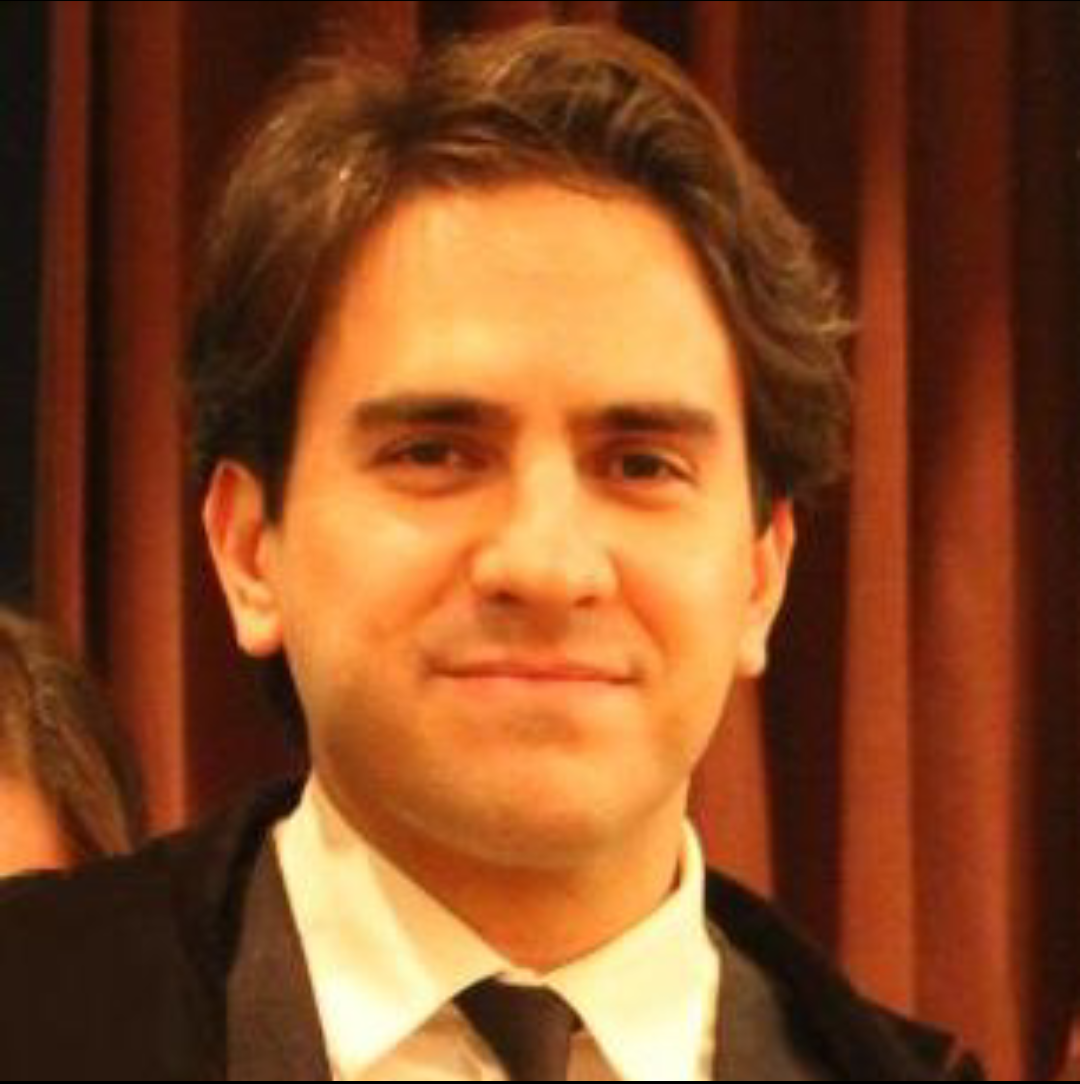 Ramon Alvarez, Senior Director of Strategic Consumer Solutions at SmartThings, provides key insights on the future of the industry for the 2016 Smart Energy Summit:
Ramon Alvarez, Senior Director of Strategic Consumer Solutions at SmartThings, provides key insights on the future of the industry for the 2016 Smart Energy Summit:
What do you think is the most challenging issue for your company as it relates to the residential energy management market?
There are two major challenges:
- The first is technical - not all energy consuming devices have the capability to get connected and provide energy consumption data, and alternative techniques such as load dis-aggregation algorithms are not very accurate yet;
- The second is business-related: to provide a complete solution with a clear value proposition for consumers, we need better cross-industry collaboration between utilities, service providers, and consumer electronics companies.
What are the major challenges that your business must address in 2016? In 2020?
The Smart Home is still a very nascent market and 2016 is a year of transition from innovators to early adopters. Improving technology, user experience, cost, and value propositions is key to increasing penetration of these technologies into households.
By 2020 decreased costs and improvements in technology will have increased adoption of smart home technology significantly. The challenge will be how to simplify the management of all these connected devices with new user interface paradigms such as voice control and automation based on artificial intelligence.
What are the major barriers impacting consumer adoption of energy related products and services?
The major barriers are perceived complexity, lack of awareness of clear value propositions for many consumers and high cost. All these barriers are continuously decreasing over time so consumer interest and adoption rate is correspondingly increasing.
What are the biggest opportunities for the smart home industry to work with the electricity industry?
There are many new devices that are getting connected to smart home platforms; this provides an opportunity to not just get a more accurate measurement of energy consumption per device, but also actuation capabilities on the device to control demand peaks, either consumer or utility driven. This started with connected thermostats (which control almost half of the energy consumption of a typical household), but is continuing with major appliances and consumer electronics devices that are getting connected as well.
What impact will smart products and smart home services have on consumer adoption of energy solutions?
Smart products and smart home services have a positive impact on consumer adoption of energy solutions. They are for many consumers an entry point into general management of the home, and energy consumption is one of those aspects that can be better understood and managed. In particular, consumer technology companies have deep expertise in consumer UX and therefore can provide a more consumer-friendly and intuitive user interface to manage energy consumption across the home.
Ramon Alvarez will speak on the panel "Integrating Comprehensive Energy Management Solutions into Smart Home Systems" on Wednesday, February 24 at 10:45am. Other speakers on the panel include CEIVA Energy, Haiku Home by Big Ass Solutions, Lowe's, and Icontrol Networks.
For more information on Smart Energy Summit: Engaging the Consumer, visit www.ses2016.com.

